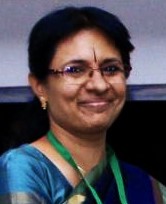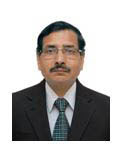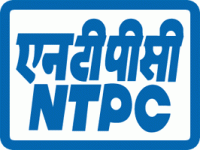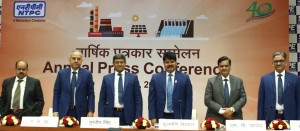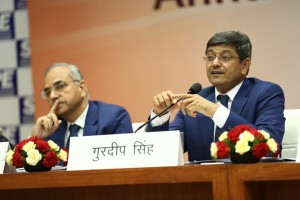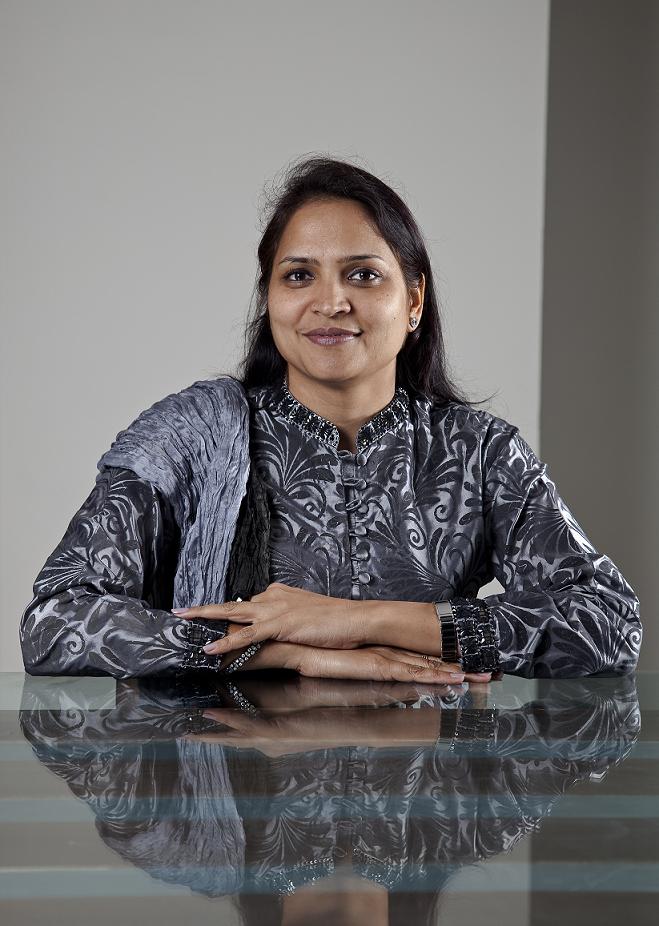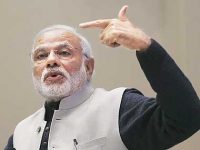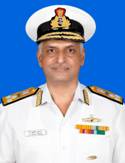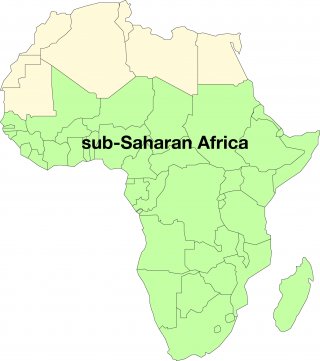The tragedy of the commons, a concept described by ecologist Garrett Hardin, paints a grim view of human nature. The theory goes that, if a resource is shared, individuals will act in their own self-interest, but against the interest of the group, by depleting that resource.
Yet examples of cooperation and sharing abound in nature, from human societies down to single-celled bacteria.
In a new paper, published in the journal Scientific Reports, University of Pennsylvania researchers use game theory to demonstrate the complex set of traits that can promote the evolution of cooperation. Their analysis showed that smaller groups in which actors had longer memories of their fellow group members’ actions were more likely to evolve cooperative strategies.
The work suggests one possible advantage of the human’s powerful memory capacity: it has fed our ability as a society to cooperate.
“In the past we’ve looked at the interactions of two players to determine the most robust evolutionary strategies,” said Joshua B. Plotkin, a professor in Penn’s Department of Biology in the School of Arts & Sciences. “Our new analysis allows for scenarios in which players can react to the behaviors and strategies of multiple other players at once. It gives us a picture of a much richer set of social interactions, a picture that is likely more representative of the complexities of human behavior.”
Plotkin collaborated with Alexander J. Stewart, then his postdoctoral researcher and now a Royal Society research fellow at University College London, on the work, which builds on years of game theory examinations by the pair.
In their earlier works, they used the Iterated Prisoner’s Dilemma scenario, in which two players face off and can choose to either cooperate or not, to understand what circumstances promote the rise of generosity versus selfishness.
In the new paper, they added two levels of complexity. First, they used a different scenario, known as a public-goods game, which allows players to interact with more than one other player at a time. The set-up also enabled the researchers to vary the number of players in a given game. In the public-goods game, a player can contribute a certain amount of a personal resource to a public pool, which is then divided equally among all players. The greatest shared benefit comes when all players contribute generously, but that also puts generous players at risk of losing resources to selfish players, a tragedy of the commons scenario.
The second added level of complexity was imbuing players with the capacity for long memories. That is, players could use the actions of their opponents from multiple earlier rounds of the game to inform their strategies for subsequent rounds. If a player repeatedly encountered a player in a group that frequently behaved selfishly, for example, they may be more likely to “punish” that defector by withholding resources in future rounds.
In addition, the populations of players were permitted to “evolve,” such that more successful players, those that achieve greater payoffs, are more likely to pass their strategies on to the next generation of players.
Stewart and Plotkin found that the more players in a game the less likely that cooperative strategies could win out. Instead, the majority of robust strategies in large groups favored defection.
“This makes intuitive sense,” Plotkin said. “As a group size increases, the prospects for sustained cooperation go down. The temptation to defect and become a freeloader goes up.”
Conversely, their findings showed that giving players a longer memory, the ability to remember and base decisions on as many as 10 previous rounds of their opponents’ actions, led to a greater relative volume of robust cooperative strategies. Part of the reason for this, the researchers said, was because greater memories allowed players to develop a broader array of more nuanced strategies, including ones that could punish individuals for defecting strategies and ensure they didn’t take over the population
“A stronger memory allowed players to weed out the rare defector,” Plotkin said.
In a final set of experiments, Stewart and Plotkin used computer simulations that allowed the memory capacity of players to evolve alongside the strategies themselves. They found that not only were longer memories favored, but the evolution of longer memories led to an increase in cooperation.
“I think a fascinating takeaway from our study,” Stewart said, “is that you can get a set of circumstances where there is a kind of runaway feedback loop. Longer memories promote more cooperation and more cooperation promotes longer memories. That kind of situation, where you go from a simpler system to one that is more complex, is a great example of what evolution does, it leads to more and more complexity.”
As a next step, Stewart and Plotkin would like to use human subjects to evaluate their mathematical findings.
“We have all these results about what kinds of strategies are successful that take into account different features of players’ actions,” Stewart said. “We’d like to run an experiment with people to figure out what they are actually paying attention to when they’re playing. Is it their payoffs? Is it their opponents’ payoffs? And see how those strategies match up to those we see in our analyses.”
Source:University of Pennsylvania(science)


